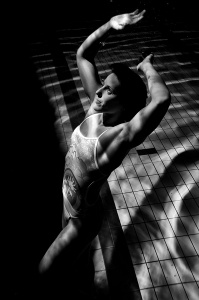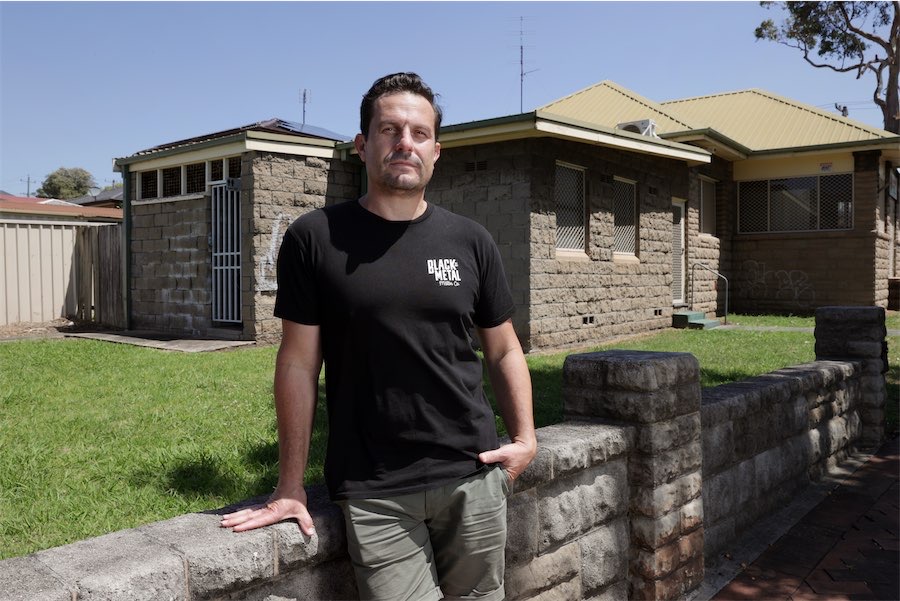THE “entitlement generation” has become a common catchphrase; it is even more widely used to describe young sportspeople.
There is a perception that sportspeople believe they are entitled to certain things in life without actually working for them. We hear the phrase so often and it is supported by the colourful exploits of young, professional footballers, cricketers or tennis players who, with monotonous regularity, seem intent on blowing every opportunity.
In the media, we appear to delight in the off-field exploits of these spoilt “brats” doing little to warrant the rewards coming their way.
I think this view is a generalisation. Every time I start to think every elite sportsperson has little concept of reality, along comes the likes of Olympic swimmer Alicia Coutts.

If ever there was a grounded athlete, it is Alicia. In fact, she should be employed to go to Canberra schools to talk about overcoming hurdles, getting on with life and making the most of every opportunity.

She almost quit after London from a team environment described as toxic with suggestions she was bullied. In the wake of two separate inquiries, she says the atmosphere now is great and encouraging. The suggestion of her walking away from swimming in her mid 20s because of the actions of others would have been a travesty.
Alicia says she is keen to start a family after the Rio Olympics.
So what drives her, what makes her work harder than most in the sport? A chat about her childhood soon provides an insight. The death of her father to cancer when she was only seven had an understandable impact. He had real belief in her ability as a swimmer. Her memory of him is one of her motivators. She says she wants to make him proud.
 Another motivator also comes from her past and the hard times experienced growing up in a family with little money, at times living on Weet-Bix. Also, the health problems she experienced would have stopped most from continuing in the sport.
Another motivator also comes from her past and the hard times experienced growing up in a family with little money, at times living on Weet-Bix. Also, the health problems she experienced would have stopped most from continuing in the sport.
These days, she works part time at the RSPCA at Weston as much through her love of animals as the grounding and distraction it provides.
Hers is an inspirational story and worth telling in more detail to the next generation.
Who can be trusted?
In a world of spin and confusion, there’s never been a more important time to support independent journalism in Canberra.
If you trust our work online and want to enforce the power of independent voices, I invite you to make a small contribution.
Every dollar of support is invested back into our journalism to help keep citynews.com.au strong and free.
Thank you,
Ian Meikle, editor




Leave a Reply